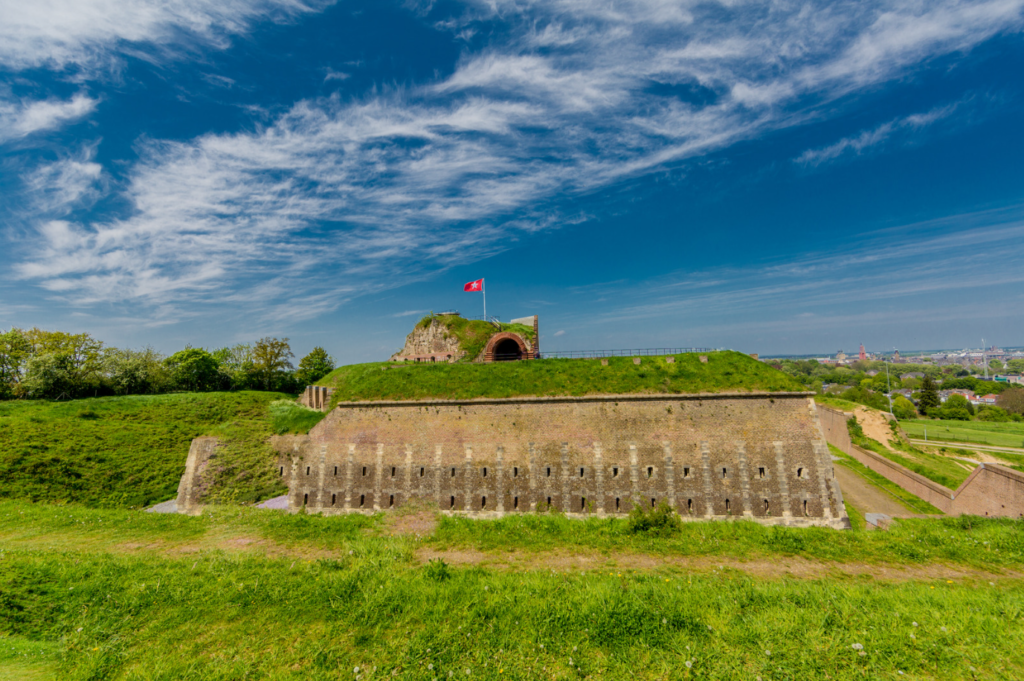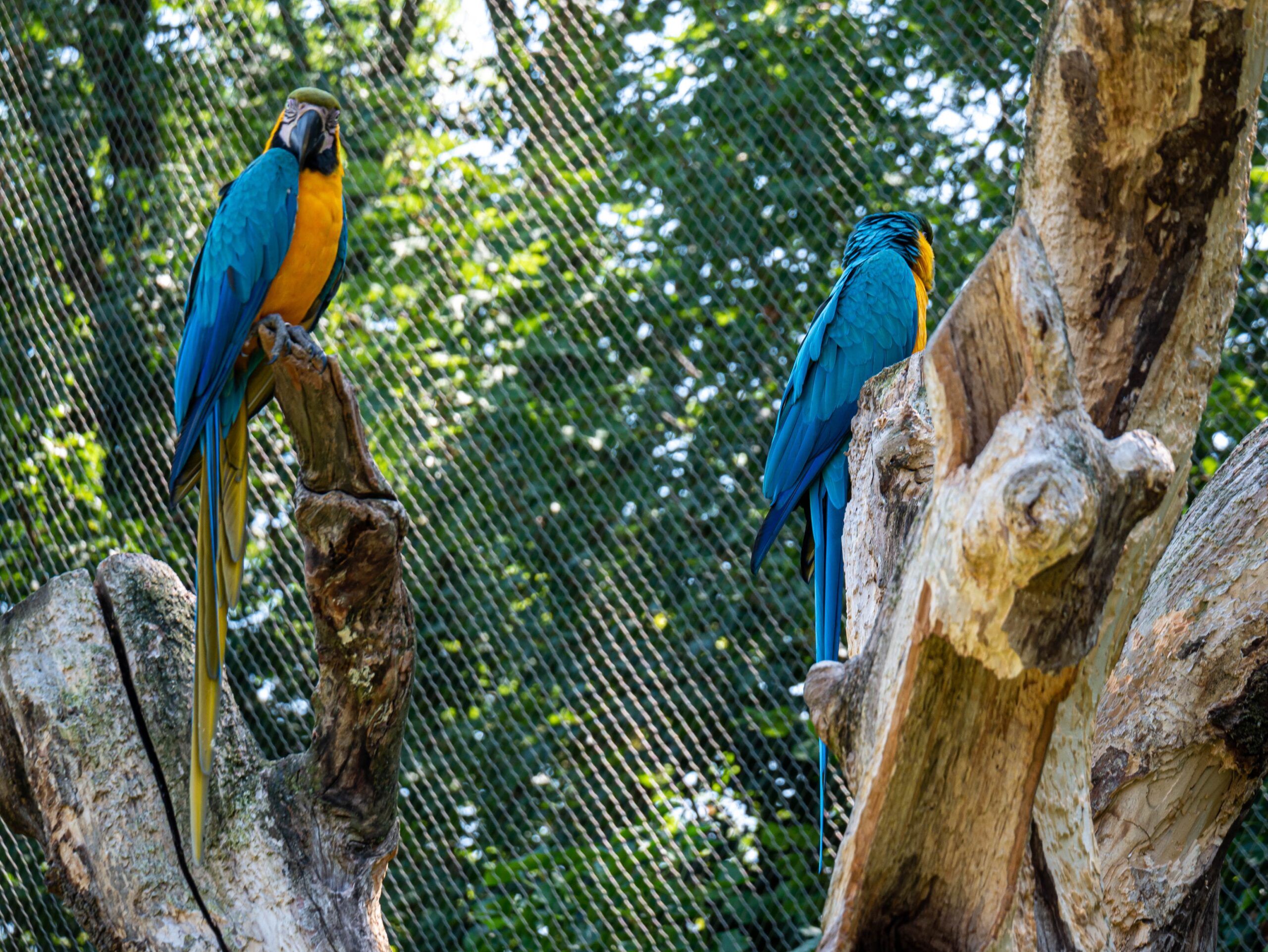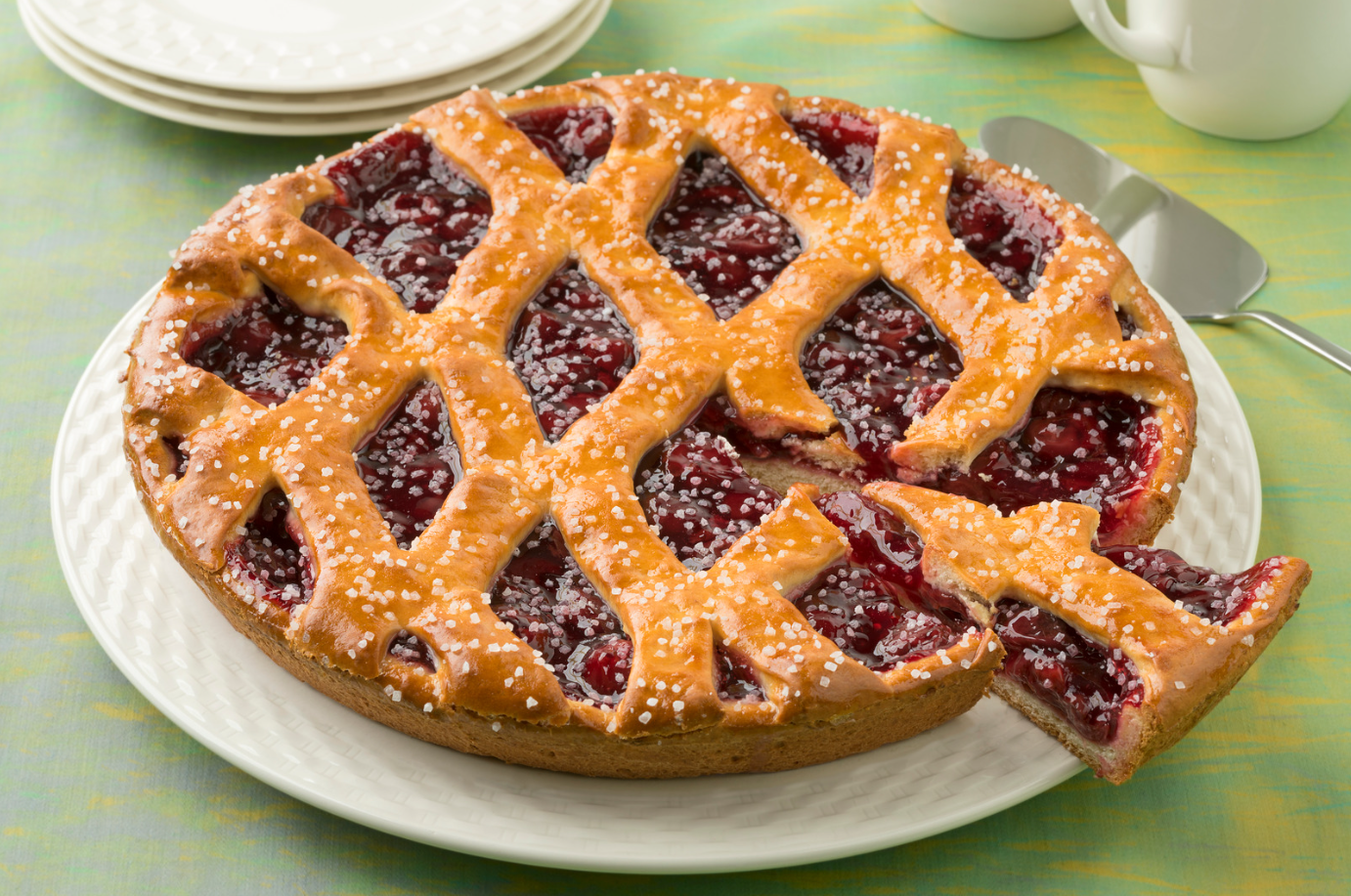Long Weekends in Europe: Limburg

Welcome back to another edition of ‘Long Weekends in Europe’. On our last adventure, we visited the Danish capital of Copenhagen and enjoyed what Scandinavian culture had to offer. Today, we are heading to the Netherlands’ Limburg province.
The region itself is still relatively young, only coming into existence in 1839 following the Netherlands’ separation from Belgium. As a strategic military point in western Europe, Limburg has experienced plenty of change over the years and has benefited from the eclectic range of cultures that have influenced its history.
Cycling has also become a major part of life in the region; Limburg is home to a number of prestigious races and climbs.
Most of Limburg is made up of small villages and towns that while not without their charms, lack in tourist hotspots or cultural points of interest. For this reason, the best place to stay in Limburg is the regional capital of Maastricht. Although it is a city known for a variety of geopolitical events such as the signing of the Maastricht treaty and the birth of the Euro, there is far more to the city than mere politics.
The architecture is a big draw for tourists as the city has a range of styles that includes relics of previous rulers of Limburg. Some of the most famous buildings include the Basilica of Saint Servatius, a Romanesque church that is believed to have been built on holy grounds that date back centuries.
One of the most intriguing places to see in Maastricht is the historic Fort of Sint Pieter that leads to the caverns lying beneath the city. These caves formed the foundation of the city and remain largely intact thanks to extensive restoration work in recent years. Originally used to mine the limestone deposits underneath Maastricht, the caves became important storage areas during the Second World War and were used to prevent valuable Dutch artefacts from falling into the hands of the Nazis.
While there are plenty of fascinating historical sites in Maastricht, there are very few places that young children may enjoy. Thankfully there are still plenty of great attractions found within the wider Limburg region. Perhaps the most exciting place to take the kids is the popular Gaia Zoo that is found near to the border with Germany. The zoo is built to incorporate its hilly surroundings and gives visitors a look at animals housed in spacious enclosures. The most interesting part of the zoo is the LimburgHUIS, a space dedicated to housing endangered species that are native to the Limburg region.
For the thrill-seeking kids, there is also the Mondo Verde theme Park. The park is very much child-orientated however, so it isn’t a place for older kids. Mondo Verde features a range of small attractions including world gardens and a smaller scale zoo.

Limburg is a region with its own delicacies and is truly distinct from the rest of the Netherlands. The region is known for producing plenty of meat and is also regarded as the main fruit growing province in the country. This fruit is often used to make sweet preserves such as marmalade that is then used to make Vlaai, a large pie that is filled to the brim with the sweet spread.
Asparagus is also one of the most popular vegetables in Limburg and is grown in vast quantities in the north of the region. It is traditionally eaten with meat, eggs and potatoes.
If you visit any restaurant serving local cuisine, make sure to try the popular Tête de veaux dish that is also eaten across most of western Europe. The Limburgian version of the recipe features a calf’s head being eaten alongside mushrooms and a tomato sauce. It certainly isn’t one for the faint hearted, however if you give it a chance you might find something new to enjoy.

Cycling is a big deal in Limburg, which is hardly a surprise given the topography of the region. The biggest annual road race is the Amstel Gold Race, one of the few WorldTour events to take place within the Netherlands. Forming part of the iconic Ardennes classics, the race attracts most of the contenders for Liège – Bastogne – Liège that traditionally takes place the following Sunday. Popular Dutch brewer Amstel has sponsored the race for most of its existence and provides fans with a local tipple as they wait for the riders to pass. The latest edition was won by Tadej Pogačar as he aimed to complete the Ardennes triple crown.
Amstel Gold isn’t the only major one-day race in Limburg however, there is also the Volta Limburg Classic that takes place earlier in the season. This is a race packed full of climbs that doesn’t always go to a puncheur. The 2023 edition was won by Australian sprinter Kaden Groves.
For those less interested in racing, there is also an extensive cycling network for casual riders and families that runs throughout Limburg. There are over 2,000 kilometres of paved trails, that remain mostly traffic free. It’s a brilliant way to explore the forests and hills of the province without sitting in traffic.
There isn’t really a bad time to visit Limburg as there are events and festivals taking place throughout the year. In the spring, the main event for cycling fans is of course the Amstel Gold Race. The best place to watch the race unfold is from the slopes of the famous Cauberg climb.
Music lovers can rejoice in the summer as the popular PinkPop festival takes place on an annual basis. The festival has run since 1970 and attracts plenty of big names to Limburg. In 2023, visitors will be treated to performances by Robbie Williams, The Red Hot Chilli Peppers and Dadi Freyr alongside plenty more.
As the colder months roll around, Maastricht transforms into a winter wonderland. The caves beneath the city house some of the annual Christmas markets that are truly unique. Expect to see a host of locally sourced produce, gifts and more as you explore the underground network in a completely new way.
Limburg is one of the most intriguing places to visit on a long weekend away, and its cycling heritage is as prominent as anywhere else in the Benelux region. As ever, make sure to take out travel insurance with Yellow Jersey before heading off to ensure you’re fully covered against any unwanted surprises.
Don’t forget that if you are planning a trip abroad, both Yellow Jersey’s bicycle insurance and mountain bike travel insurance policies can provide complete cover for your journey.







